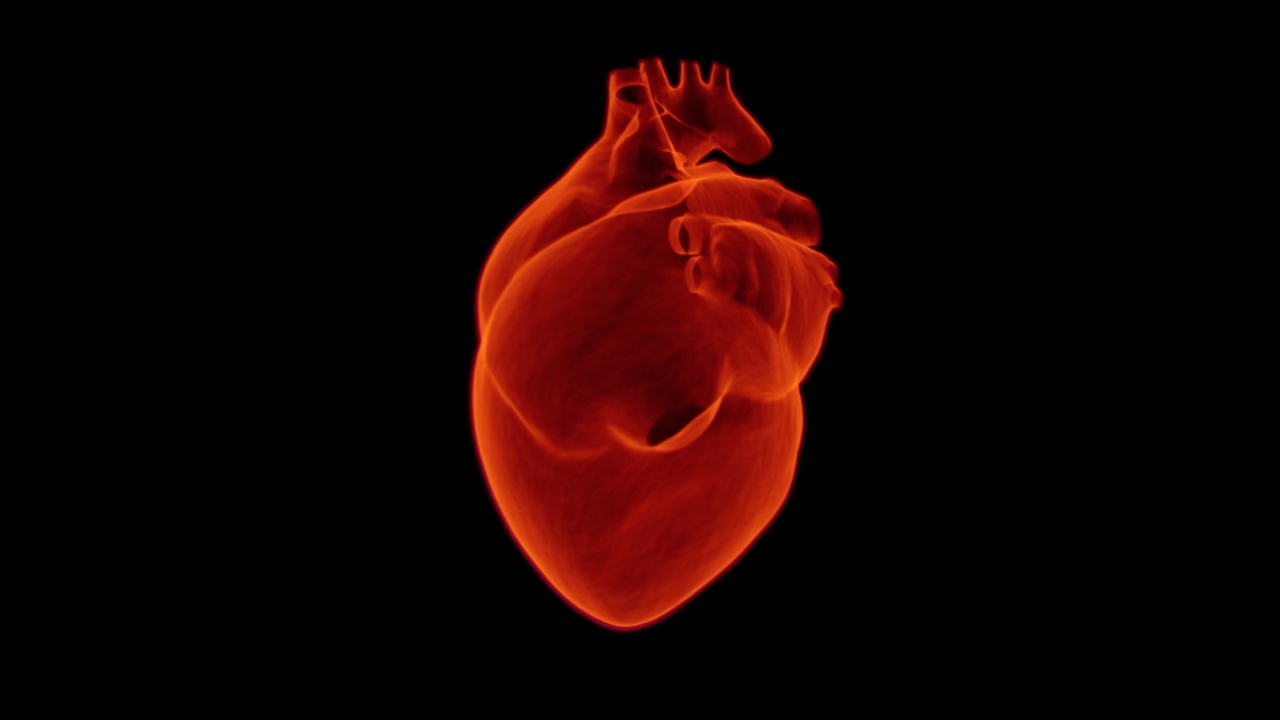Birth defects are structural changes that occur before birth, and can affect any part of the body. These defects range from mild to severe and can be physical, mental, or both. They can cause lifelong disability or even death.
Some birth defects happen due to genetics while others are caused by environmental factors like certain medications, infections, smoking and alcohol use during pregnancy. Although it is not always clear why a defect happens, medical experts believe that most occur within the first few weeks of conception when an embryo is forming.
Birth defects are typically diagnosed right after birth but some may not be detected until later in life due to their subtle nature. Genetic testing may be used to diagnose some types of birth defects while other tests such as ultrasounds or amniocentesis may be used as well.
Treatment for birth defects depends on the specific problem and its severity but could include surgery, medications, physical therapy or lifestyle changes like diet adjustments or avoidance of certain substances like alcohol and tobacco. In some cases no treatment is necessary if the defect does not affect health negatively or if it resolves on its own over time without intervention.





